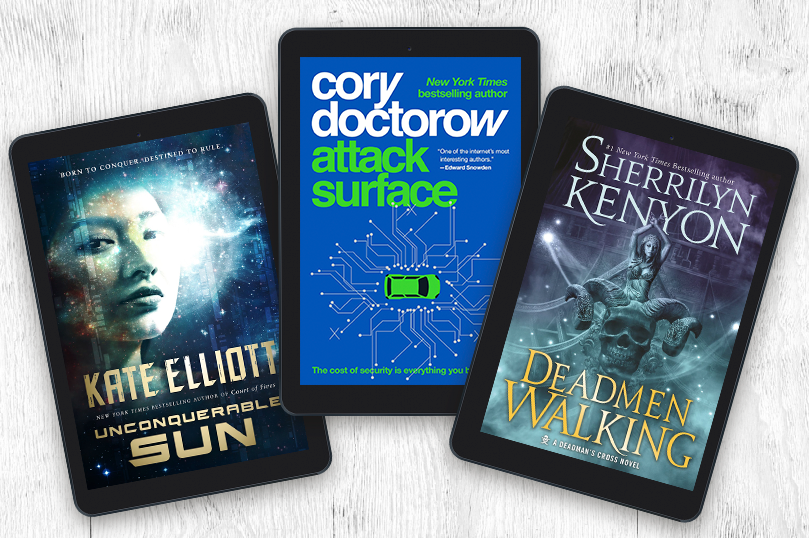
Spring Into eBook Sales: March 2023!
“March comes in like a lion and goes out like a lamb.” — Not so with our eBook deals. We’ve got a whole pride of month-long, lion-tier eBook deals!

“March comes in like a lion and goes out like a lamb.” — Not so with our eBook deals. We’ve got a whole pride of month-long, lion-tier eBook deals!
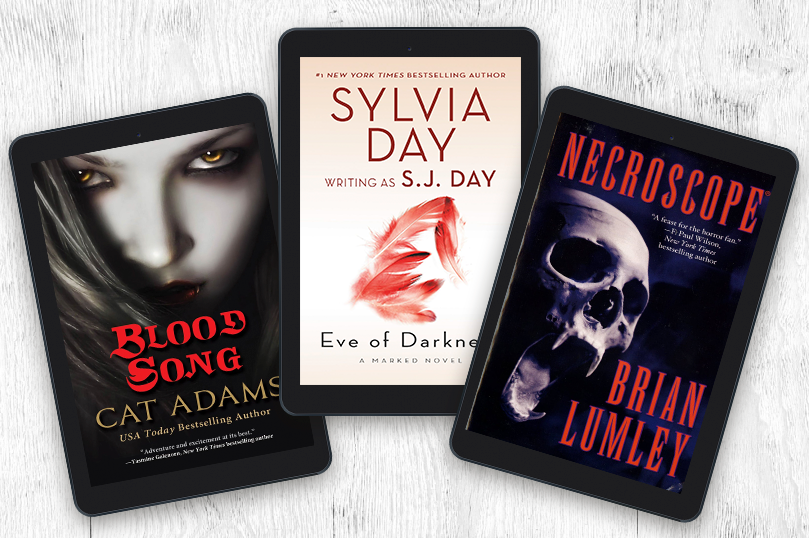
New month, new eBook deals! We’ve got a whole slate of hot titles discounted to $3.99 for the month of May!
Check it out!
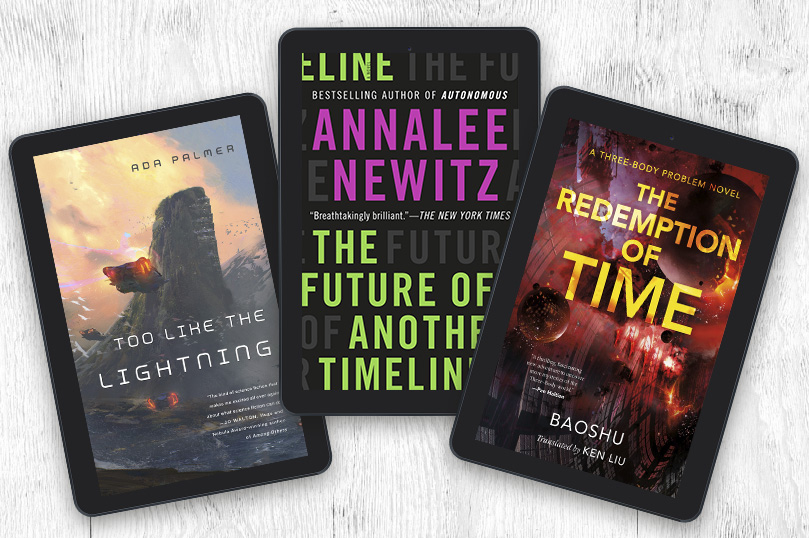
It’s the start of a new month and you know what that means…EBOOK SALES! Check out what you can grab for the entire month of September here!
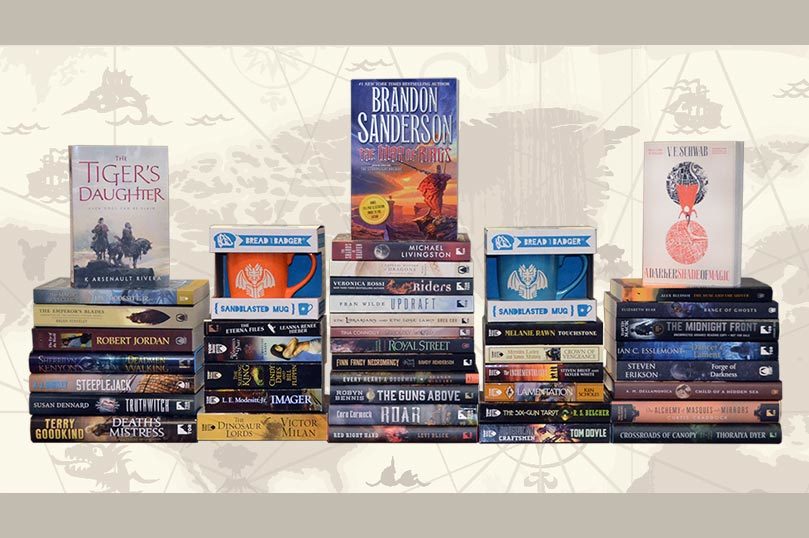
It’s November, which means we are entering the last month of our Fantasy Firsts program. We wanted to say thank you with a special sweepstakes, featuring ALL the titles we highlighted this past year. That’s 40 fantastic reads from 40 different series to add to your TBR stack! Plus, we’re including an added bonus: two sandblasted book dragon mugs, so you can enjoy your coffee or tea in style while you read.
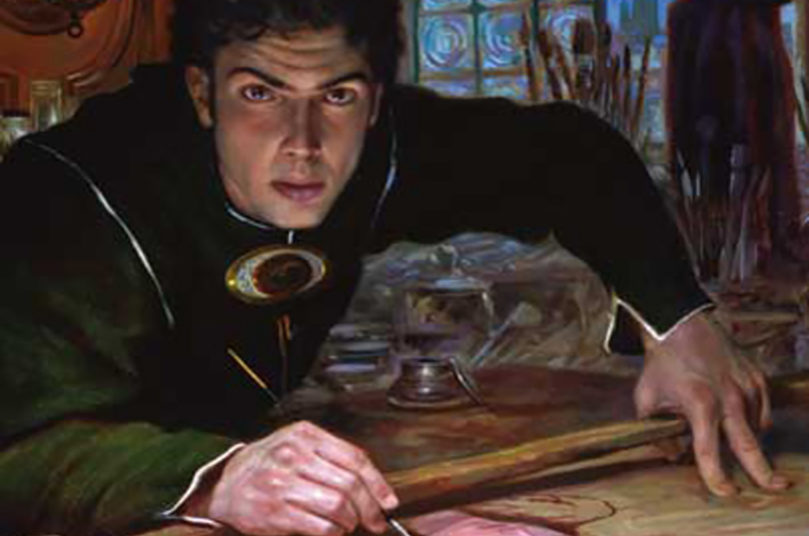
Imager by L.E. Modesitt Jr. is now on sale for $2.99. Start reading the Imager Portfolio series now! This offer ends June 30th.

Welcome back to Fantasy Firsts. Today we’re featuring an extended excerpt from Imager by L.E. Modesitt, Jr., the beginning of an epic fantasy series by the author of the Saga of Recluce.
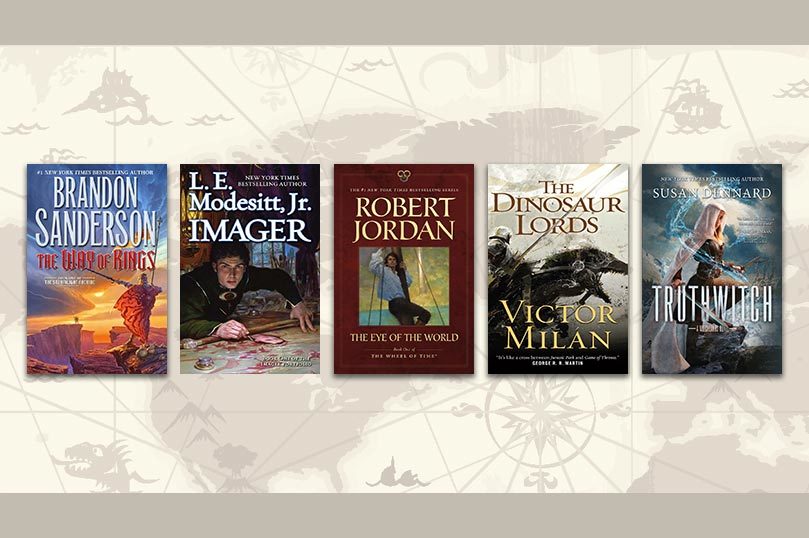
Looking for a great fantasy read? We are currently offering the chance to win five fantastic titles on Goodreads.
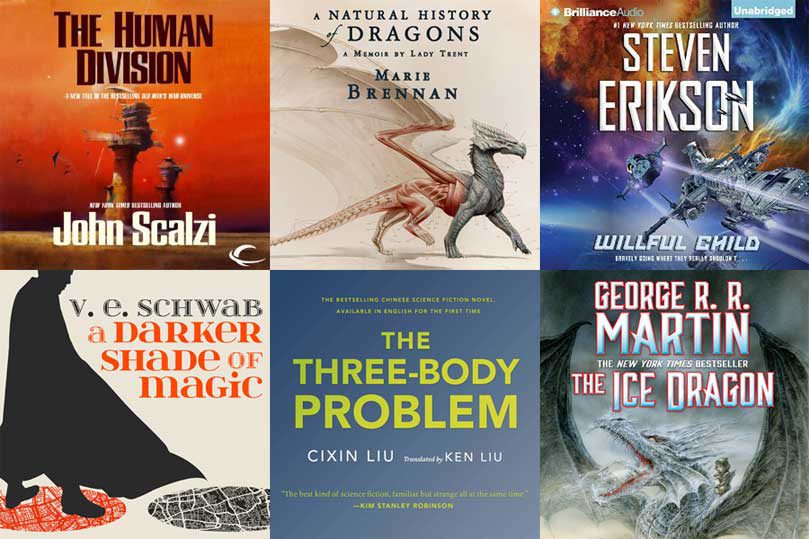
Fourth of July weekend is almost here and that has us thinking about SUMMER VACATION! We’ve planned our trip and packed our bags. The car is gassed up and ready to go. But here’s the hardest part: what audiobook are we going to listen to on the drive? If we’re having this problem, we’re assuming…
Looking for a great fantasy read? Here’s your chance to get started on two awesome series! We’ve got five copies each of The Outstretched Shadow and Imager to give away. Comment below to enter for a chance to win . NO PURCHASE NECESSARY TO ENTER OR WIN. A purchase does not improve your chances…
The ebook for Imager by L.E. Modesitt is now on sale for $4.99!* About Imager: Although Rhennthyl is the son of a leading wool merchant, he has spent years becoming a journeyman painter. With his skill and diligence, Rhenn stands to be considered for the status of master artisan. Then, his entire life is transformed when his master…